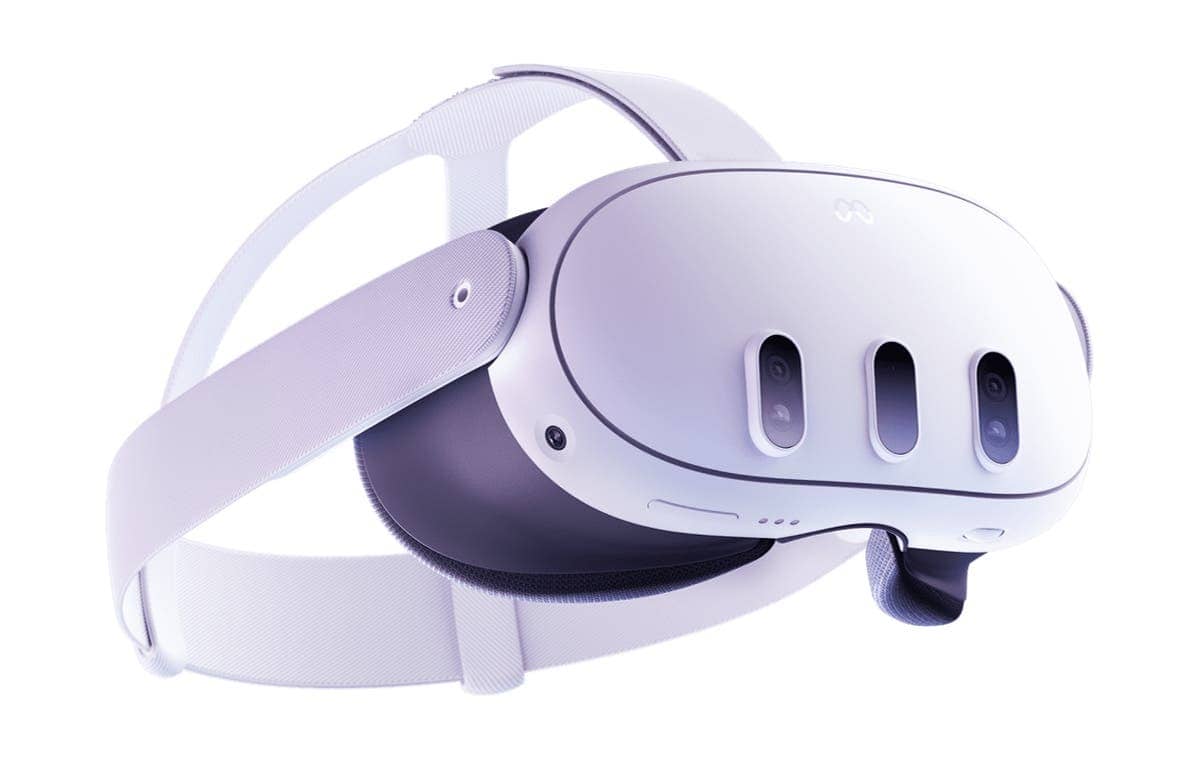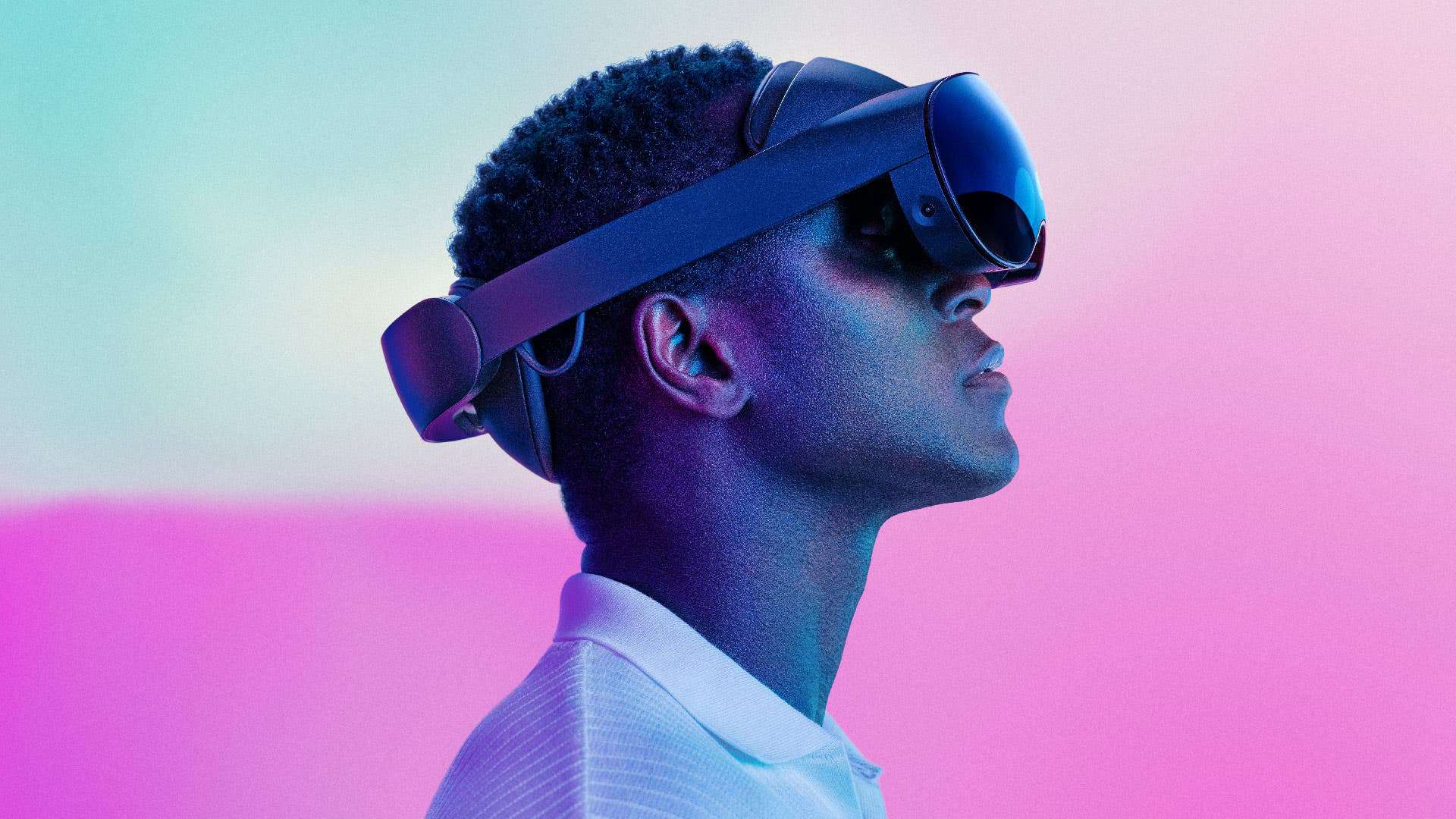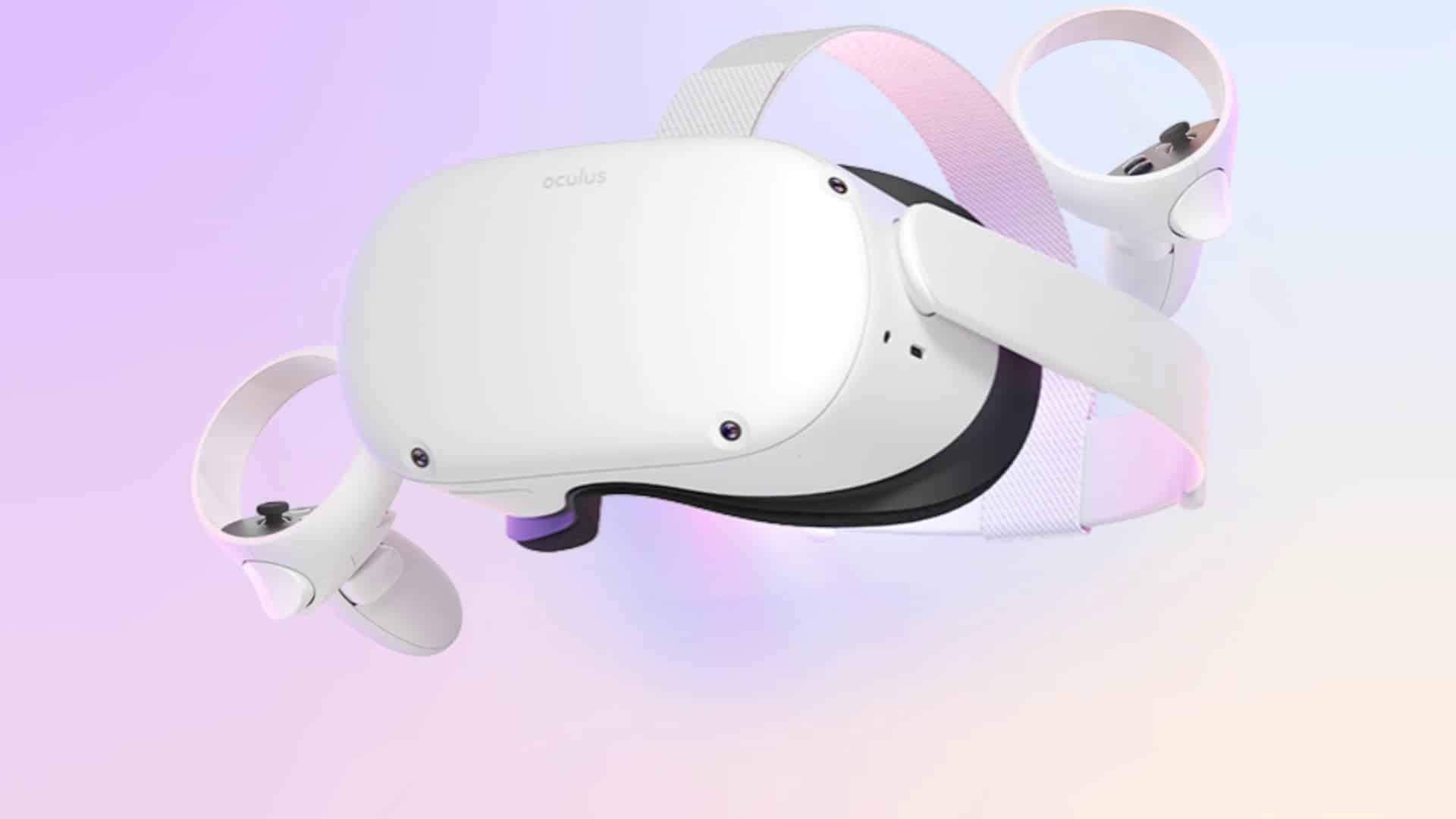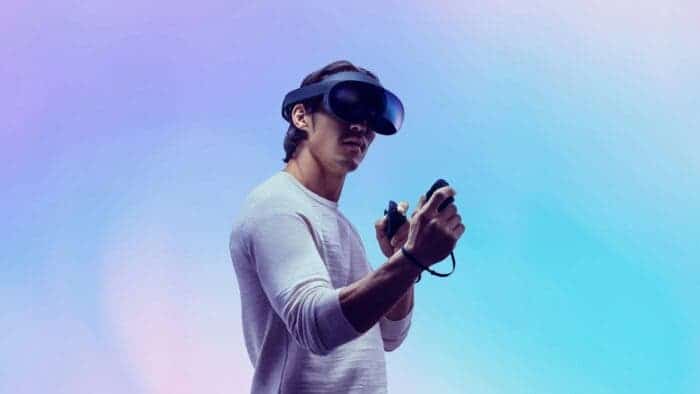For Meta Quest series users, casting the VR experience on the TV has always been a popular function. This function relies on Google’s Chromecast technology to facilitate friends to watch the virtual world together. However, sometime last year, the Chromecast screen casting function was gradually removed on Meta Quest 3. This disappointed a lot of users because the screen-casting feature was quite popular. However, it appears that Meta has realized that its customers are not happy. For this reason, the screen casting function that is loved by Meta Quest players is back. Players can once again directly cast the game screen of the Quest headset to Chromecast or other devices that support Google Cast. This means that other people can share the excitement of the VR world.

Background
The removal of the Chromecast screen casting function mainly occurred on Quest 3 devices updated to the v60 version. Quest users on Reddit said that since the update, Chromecast has disappeared from the screen casting menu. It is worth noting that this change currently seems to mainly affect the main account of Quest 3 and other accounts and many Quest 2 devices still had the feature.
Chromecast casting has always existed on the Quest headset alongside other casting options like Miracast. However, sometime last year, this feature seemed to be pulling out gradually. Last year, Meta updated its official support page for Quest screencasting, which added a new sentence: “The compatibility between Chromecast and Meta Quest is not perfect.” This also confirmed from Meta that the removal of Chromecast was not an accidental oversight.
What’s even more intriguing is that a new prompt has appeared in Meta’s smartphone companion App, suggesting that users first cast the VR screen to their phone and then transfer it to the Chromecast device through the phone’s mirroring function. This change further hints that Meta’s support for native Chromecast screen casting is waning.
Indeed, the experience of mirroring from Meta Quest to TV has never been perfect. Problems such as picture freezes and unstable connections often occur, especially when the network performance is poor. However, it is still puzzling that Chromecast screen casting was suddenly removed. It is worth noting that Meta released a new screencasting instructional video on its YouTube channel last year. However, it did not mention screencasting to a TV at all. This detail also implies that Meta may focus more on other solutions such as mobile screen projection in the future.

Meta Quest headset Chromecast screen casting is back
In a twist of event, we can now confirm that the Chromecast screen casting function is now back. Meta was never slowly removing the feature. Due to performance and compatibility issues, the company was working to make it better. Starting with the original Oculus Quest, Meta’s VR headsets have been able to project VR game images onto flat screens such as TVs or smartphones. This allows people without a headset to see what players are seeing and doing in the VR world.
It should be noted that Meta’s official documentation still states that the Chromecast screen casting function is not fully supported. In addition, Meta community manager Ryanality also recommends that players first cast the headset screen to a mobile phone or PC, and then mirror it to a Chromecast, rather than casting directly from the headset. Meta says this method is more reliable, but many players say it increases latency and affects the look and feel. In addition, many users have also reported that performance issues will occur when casting the screen to Chromecast, regardless of Android or iOS phones.
Pros of Chromecast Screen Casting
1. Compatibility: Chromecast is compatible with a wide range of devices, making it accessible to a large audience.
2. Stability: Casting via Chromecast has been reported to be more stable than casting to a phone, although it may still have some lag.
3. Group Play: Chromecast allows multiple users to cast their content to the same screen, enabling group play and sharing of content.
4. Familiar Interface: Users who are familiar with Chromecast can easily use it to cast content on their Oculus Quest headset without learning new technology.
Cons of Chromecast Screen Casting
1. Limited Compatibility: Chromecast may not be supported by all devices or apps, potentially limiting the range of content that can be cast.
2. Lag: Casting via Chromecast can sometimes result in lag, which can be a frustrating experience for users.
3. Complexity: Setting up Chromecast casting can be more complex than casting to a phone or computer, as it requires additional hardware and software configuration.

Alternative Methods for Casting Content
1. Casting to a Phone: Many users have found that casting to a phone and then mirroring the content to a TV or monitor is a viable alternative to Chromecast casting.
2. Casting to a Computer: Another option is to cast content to a computer, which can be done using the Oculus app or other third-party software.
3. Sideloading Apps: Some users have explored sideloading apps like Airdroid to enable casting from Chromecast-enabled apps to the Oculus Quest headset.
Conclusion
While Chromecast screen casting has been a popular feature of the Oculus Quest headset, recent changes to the software have removed this option. Users have adapted by exploring alternative methods for casting content, such as casting to a phone or computer. Nevertheless, the Meta Quest headset has now confirmed that the Chromecast screen-casting feature is back. However, Meta still says on its website that the compatibility is not perfect.
Author Bio
Efe Udin is a seasoned tech writer with over seven years of experience. He covers a wide range of topics in the tech industry from industry politics to mobile phone performance. From mobile phones to tablets, Efe has also kept a keen eye on the latest advancements and trends. He provides insightful analysis and reviews to inform and educate readers. Efe is very passionate about tech and covers interesting stories as well as offers solutions where possible.





